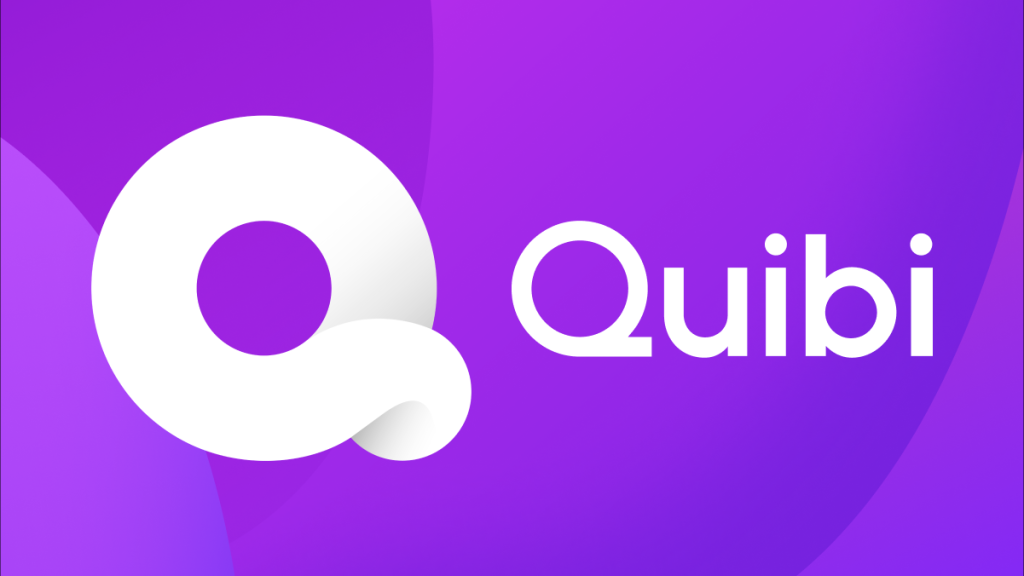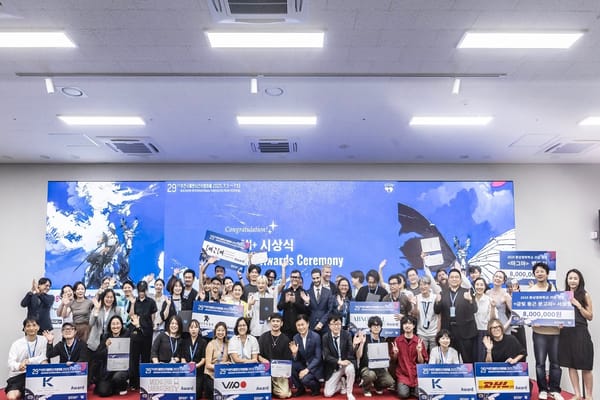Comment: Quibi’s Demise And The True Nature Of Snackable Content
Before Jeffrey Katzenberg had a crack with Quibi, French media conglomerate Vivendi also tried and failed in the business of quick bites.

A lot of ink has already been spilled on the untimely demise of Quibi, the premium short-form platform launched in April by Jeffrey Katzenberg and Meg Whitman. But it can basically be summed up in one statement: the words ‘premium’ and ‘short-form’ don’t belong in the same sentence.
Bringing the gloss and big stars of Hollywood to something that is meant to be fun and throwaway, created by yourself or your friends, and most importantly free, is missing the point. That doesn’t mean millennials and Gen Z don’t appreciate premium content. It’s just that they’re not expecting a snack to give them the same nourishment as a three-course meal.
It also doesn’t mean that the words ‘premium’ and ‘short’ don’t belong in the same sentence. Short films can be nourishing, but they are an art form in themselves that work as well in cinemas as they do on smaller screens. They’re not snacks that come off a factory line and they’re unlikely to thrive in the context of smartphones and viral internet distribution.
But the phrase ‘short-form content’ usually refers to something that does thrive on smartphones and doesn’t demand our full attention. A pringle or a handful of peanuts as compared to a poulet chasseur. We all know that pringles are addictive and completely lacking in nutritional value, but we eat them anyway. We’re just not expecting them to be made by a French chef.
Unfortunately, these old school media types just can’t give up the habit of French cooking. There has even been a precursor to Quibi’s collapse that was actually French. In 2016, while giving the keynote speech at Mip-TV, Vivendi’s content chief Dominique Delport announced the launch of a premium short-form content label, Studio Plus.
Plus ça change
Vivendi is one of Europe’s biggest media companies, owning Canal Plus, DailyMotion and Universal Music Group, so has access to a ton of content creators. But it also didn’t understand the nature of snacks. Studio Plus lasted slightly longer than Quibi. It finally shuttered in July 2018 just after Delport skipped off to a role heading international at Vice Media. But presumably it was burning through a lot less cash than the $1.75bn spent on Katzenberg’s venture.
So hopefully Quibi’s more high-profile failure will serve as the final lesson. It’s easy to eat pringles thanks to smartphones and the internet. But that doesn’t mean we’ll stop enjoying poulet chasseur when the time and place is right. We just don’t want to eat it while we’re waiting in line for a coffee at Starbucks.
China’s tech industry understands both snacks and smartphones really well, resulting in overnight success stories such as Bytedance, Kuaishou and Bilibili. But even in China, the first crop of tech giants – Baidu, Alibaba and Tencent – have been caught out by the short-form boom. Both Baidu and Tencent have tried and failed to take market share back from Bytedance with a string of their own short-form platforms. So it’s a mystery as to why Alibaba thought it was a good idea to sink $100m into Quibi.
What will be interesting to watch now is Hollywood’s approach to the snacks business in the wake of Quibi’s collapse. US media conglomerates are already scrambling to compete with Netflix in long-form. Do they really stand a chance of engaging the Gen Z and millennial audience through their mobile phones? Perhaps they should stick to the business of being French chefs.




